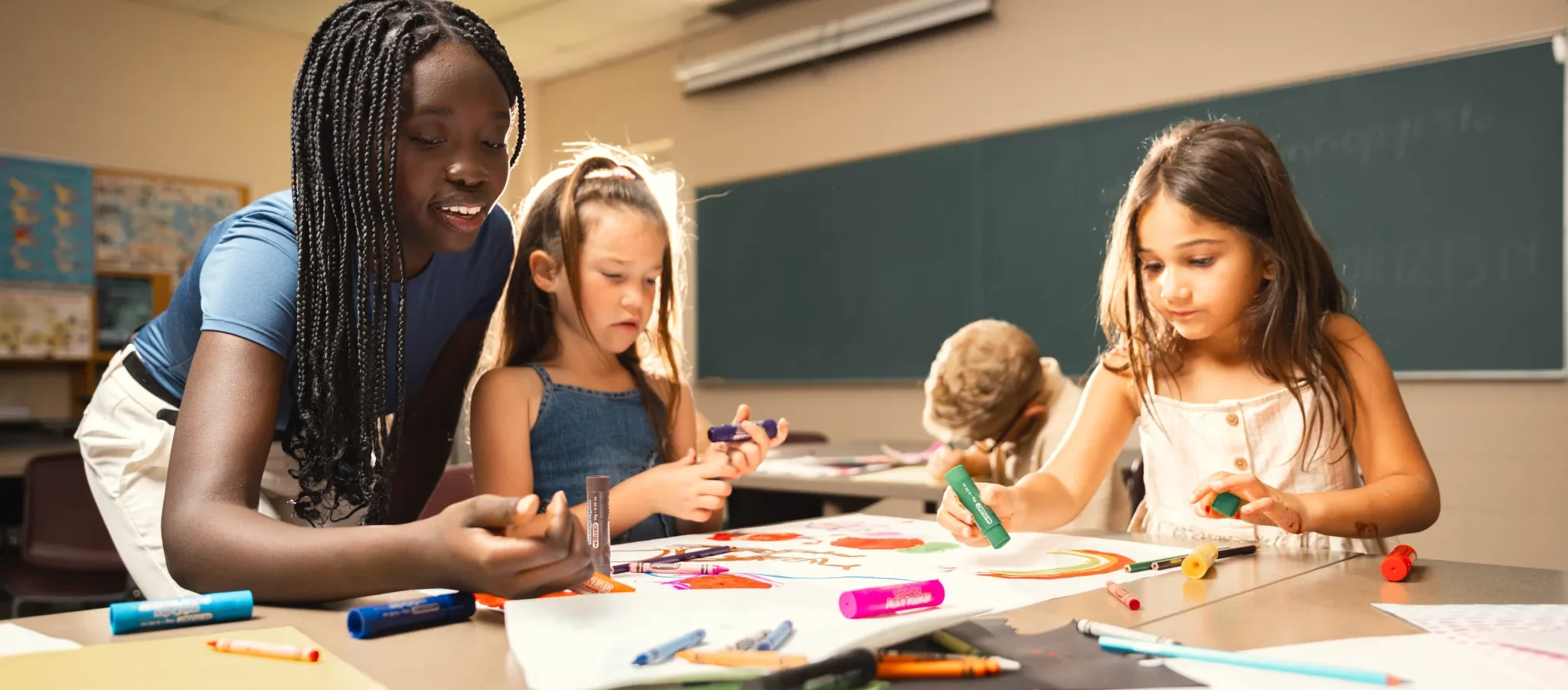Visual Arts / Concurrent Education

Program Overview & Highlights
- General 3-Year Program
- Combined Honours Programs Available
- B.A.
- B.Ed.
Prepare for a fulfilling career where you’ll teach children to express their emotions and ideas through artistic creation. Share your passion and inspire the next generation of Picassos and Emily Carrs in this program where you’ll earn two degrees in only five years. You’ll work toward your B.A. in our stunning School of Creative Arts building while studying Education and getting 80 hours of teaching experience in local schools. At the end, you’ll be eligible to teach intermediate/senior students (Grades 7-12).
Learn More About Our Program
What Lancers Are Saying

Joshua Babcock
Alumni, Founder of Good, Yourself Creative Co.Visual Arts
Admission Requirements
High School Student from Canada
Course Requirements: English/ENG4U (min. avg. 60% [70% for Fall 2026])
Note: Admission to first year only
Minimum Average: 75%
Mean Average: 86%
Note: Admission to first year only
Language Requirements
To review the most up-to-date information on Language Requirements: See language requirements.
Academic Calendars
Career Tracks
- Secondary teacher
- principal
- special education teacher
- learning strategist
- academic administrator
- educational assistant
- graphic designer